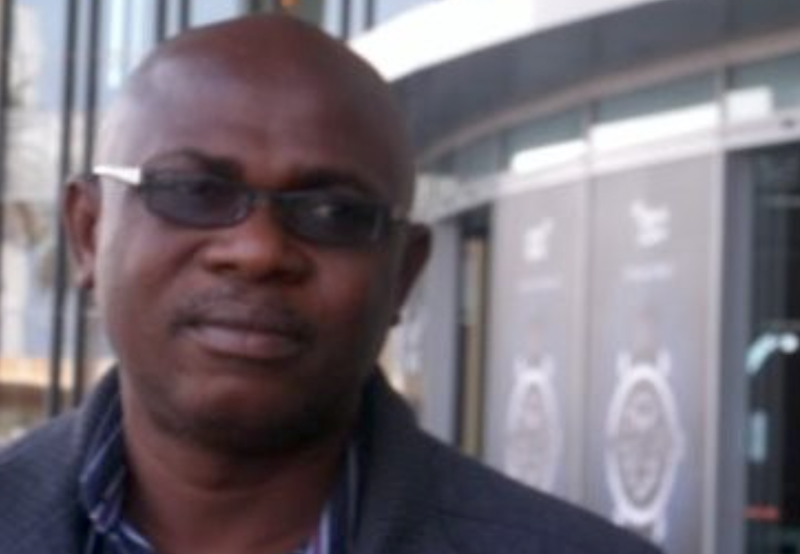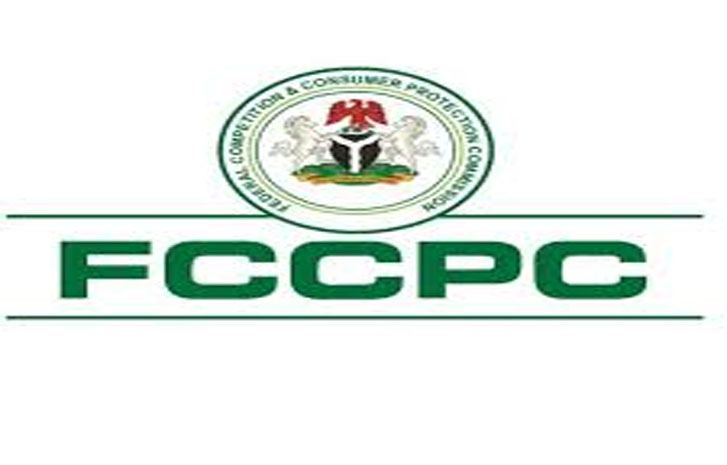A legal practitioner, Festus Onifade, has prayed the Court of Appeal in Abuja to sanction MultiChoice Nigeria Limited, the operator of DStv and Gotv, over alleged continuous increase in the prices of its packages despite the pending appeal.
Onifade urged the appellate court to compel the company to maintain the status quo until the case is decided.
He sought a declaration that the pay-TV company’s price increments during and pending the appeal, “undermines the integrity and sanctity of this honourable court and therefore is unreasonable, illegal and unlawful.”
MultiChoice had dragged Onifade, Coalition of Nigeria Consumers and Federal Competition and Consumer Protection Commission (FCCPC) to Appeal Court as 1st to 3rd respondents respectively.
The appeal followed the judgment of the Competition and Consumer Protection Tribunal (CCPT) in suit marked: CCPT//OP/1/2022 delivered on Sept. 6, 2022.
The firm, in its notice of appeal on Sept. 6, 2022, said the tribunal erred in law when it held that an aggrieved consumer need not approach the commission with its complaint before filing an action before it (tribunal) as provided by Section 47 and 146 of FCCP Act, 2018.
It argued that the tribunal erred in law when despite the failure of the Ist and 2nd respondents to fulfill the condition precedent to activation of the tribunal’s jurisdiction, held that the panel (tribunal) had jurisdiction to entertain and determine the action.
MultiChoice also argued that the tribunal erred in law when notwithstanding its lack of jurisdiction to entertain the substantive suit, refused to set aside its ex-parte order made on March 30, 2022, restraining the company from increasing its subscription rates pending the determination of the matter.
The appellant, therefore, sought four reliefs, including an order allowing the appeal.
It prayed the court for an order holding that the tribunal lacked the jurisdiction to entertain and determine the substantive suit.
It equally sought an order setting aside the ex-parte order of the CCPT made on March 30, 2022, and an order vacating the judgment made on Sept. 6, 2022.
But Onifade, in his motion in respect of the appeal number: CA/ABJ/CV/1363/2022 file by the company, sought an order restraining MultiChoice from further increasing the prices of its products and services pending the hearing and determination of the appeal.
The motion on notice, dated July 1, was filed on July 4 by the lawyer.
He sought an order restraining the firm from taking any step(s) that may negatively affect his rights pending the hearing and final determination of the appeal.
Besides, he sought an order compelling the FCCPC to monitor compliance, and a demand for N20 million in damages for what he described as a breach of his consumer rights “as a result of the unlawful increments during the pendency of this appeal.”
The lawyer, in the affidavit he deposed to, averred the tribunal had earlier granted an order restraining MultiChoice from increasing prices while the matter was pending.
However, the company allegedly disregarded the order and went ahead with multiple increments, including during the pendency of the current appeal.
“The Appellants have continuously altered the subject matter of the litigation without the court’s leave,” Onifade said.
He said that MultiChoice’s actions risk rendering any future judgment by the appellate court futile.
In his written address, Onifade emphasised that it is a well-established principle in law that parties must maintain the status quo during the pendency of an appeal, especially when the appeal is directly tied to the action being challenged.
“The purpose is to prevent the subject matter of the litigation from being wasted, damaged or altered in a way that would make it impossible to effectively enforce the outcome of the appeal,” he argued.
He stressed that the integrity of the appellate court would be undermined if MultiChoice is allowed to continue with its price adjustments unchecked.
He said his motion would not prejudice the company but rather serve to protect the sanctity of the court and uphold consumer rights during the judicial process.
The court was yet to fixed a date for hearing of the case as at the time of the report.






